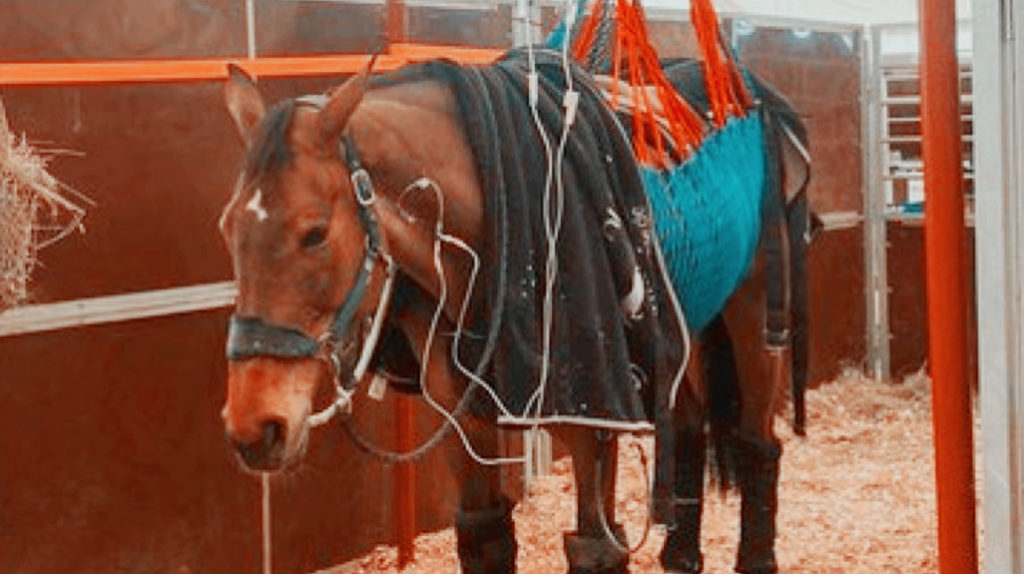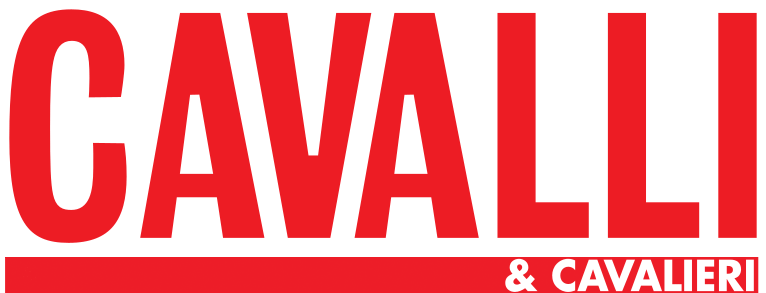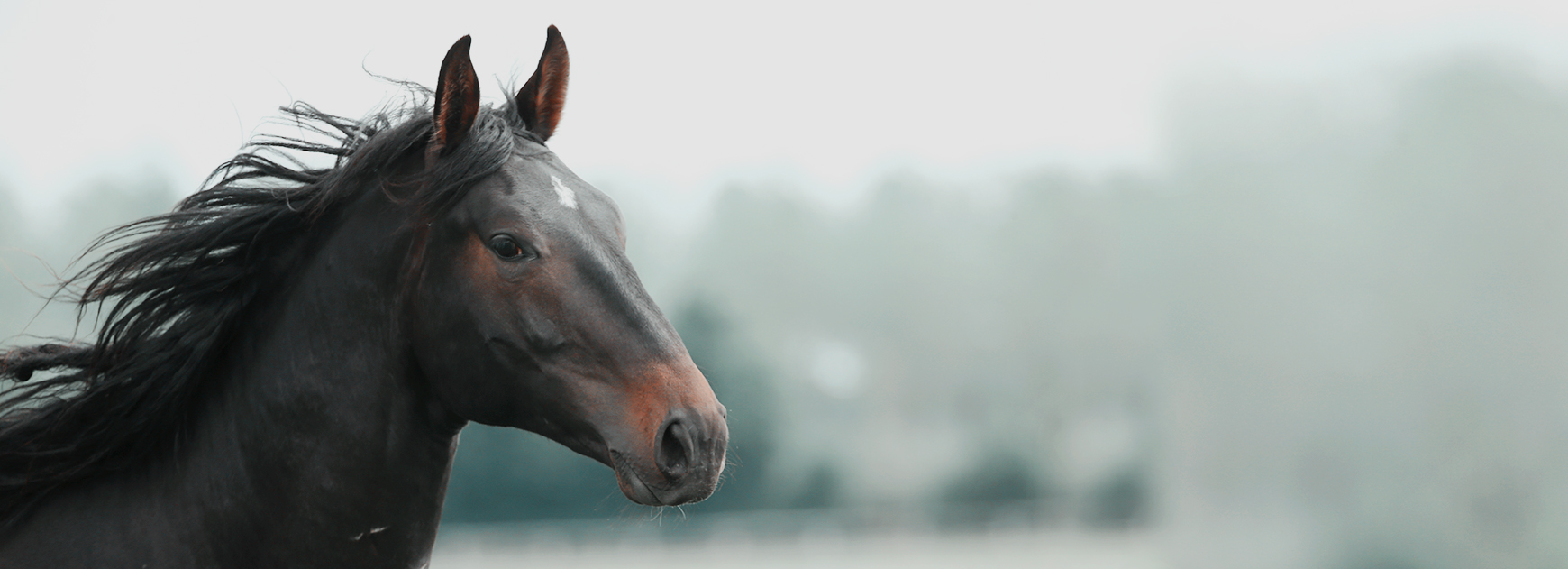‘A journey to hell”: the truth about the HERPES VIRUS EHV-1
“This feels like being in hell” is what riders and grooms are saying in Valencia where they find themselves under lockdown due to threat posed by the virus while there are continuing efforts to bring under control the spreading of the Herpes Virus EHV-1.
How can one possibly say that the situation is improving? Contrary to what has been published in a number of statements, the situation in Valencia is still very complicated with 86 horses infected at the moment out of 150 still stabled there and a constant risk of infection and death. It is important to first of all specify that this is not rhinopneumonia, commonly known as Equine Herpes Virus-1 (EHV-1) and Equine Herpes Virus-4 (EHV-4), for which there had always been a vaccine and one that all horses should be given, but is instead a neurological strain that is far more aggressive and for which the rhinopneumonia vaccine is insufficient (as stated in the excerpt from the FEI press release below). In fact even horses that have been regularly vaccinated have contracted this virus. Greater precautions are needed in addition to vaccinations. The FEE has entrusted matters to a well-known epidemiologist at Utrecht University so as to receive specific guidelines concerning procedures to be followed.
Katharina Offel and Eleonora Ottaviani from the IJRC are organising 60 additional stables in Valencia divided into blocks of 8 so as to create isolation areas. The French Equestrian Federation with Quintin Simonet have been of immense assistance as has World of Showjumping in organising fund raising to support horses as well as the grooms. The IJRC and the French Federation are also organising protected stables where horses can stop off on their way back home.
There is a need for support and help as well as an assumption of responsibility by all official institutions for not having immediately taken quick action in Valencia and for having left to themselves, for a whole week, riders, grooms and above all horses. This happened in spite of the fact that there had already been many warning signs with a significant and unusual number of horses having a temperature many days before the explosion of this virus….
This is the fundraising link :

Excerpt from FEI press release:
“Equine Herpes Virus is a contagious disease that affects horses. Although there are nine strains of the virus, Equine Herpes Virus-1 (EHV-1) and Equine Herpes Virus-4 (EHV-4) are most commonly seen. Affected horses may suffer respiratory disease, neurological disease and abortion in pregnant mares. Young foals are also at risk and can die from the infection. A vaccine against EHV-1 and EHV-4 is available but does not protect the horse against the neurological form of the disease. However, the use of the vaccine can help to reduce the shedding of the virus, its transmission to other horses and the severity of the respiratory form of the disease. The vaccine should not be used during an outbreak at stables. Your veterinarian will be able to advise you further on the use of the vaccine“. – Inside.FEI.org Updates from FEI Veterinary Department
Susanna Cottica




